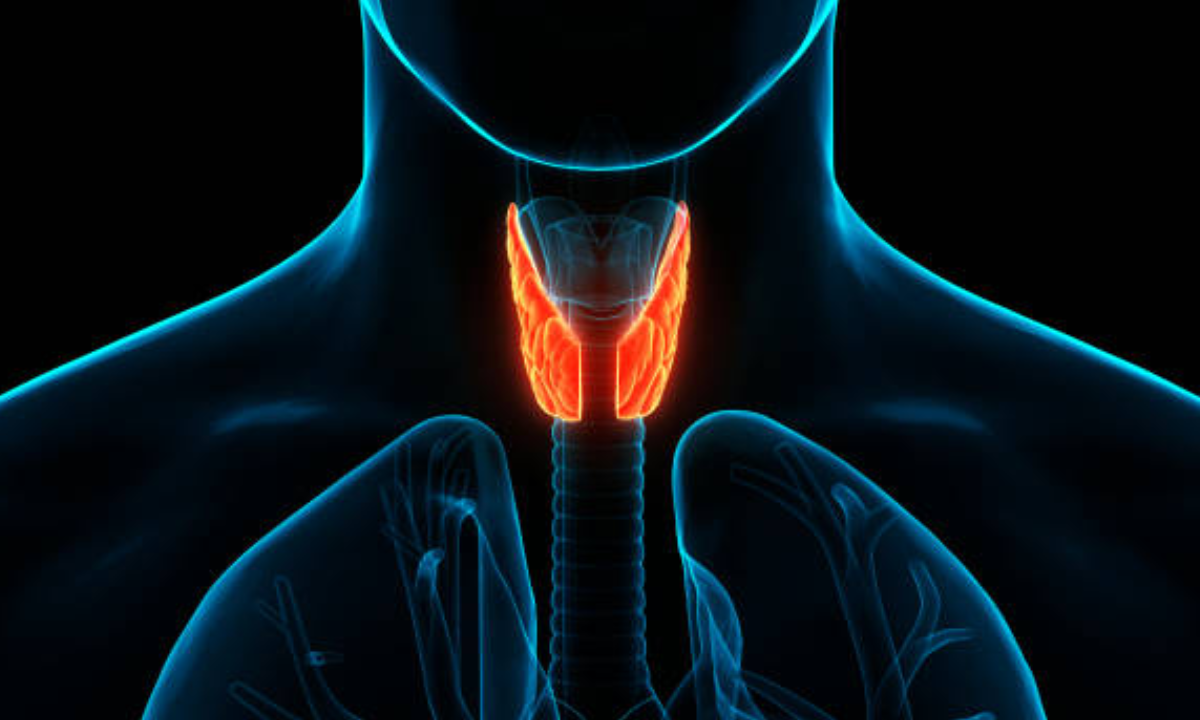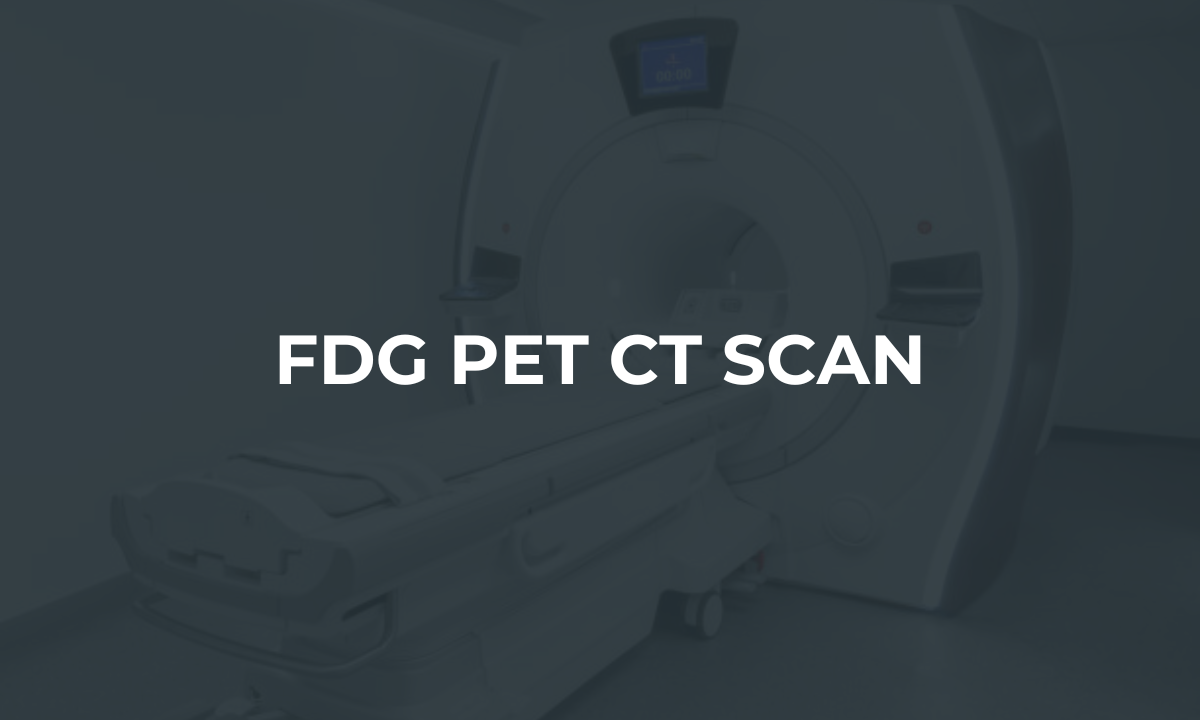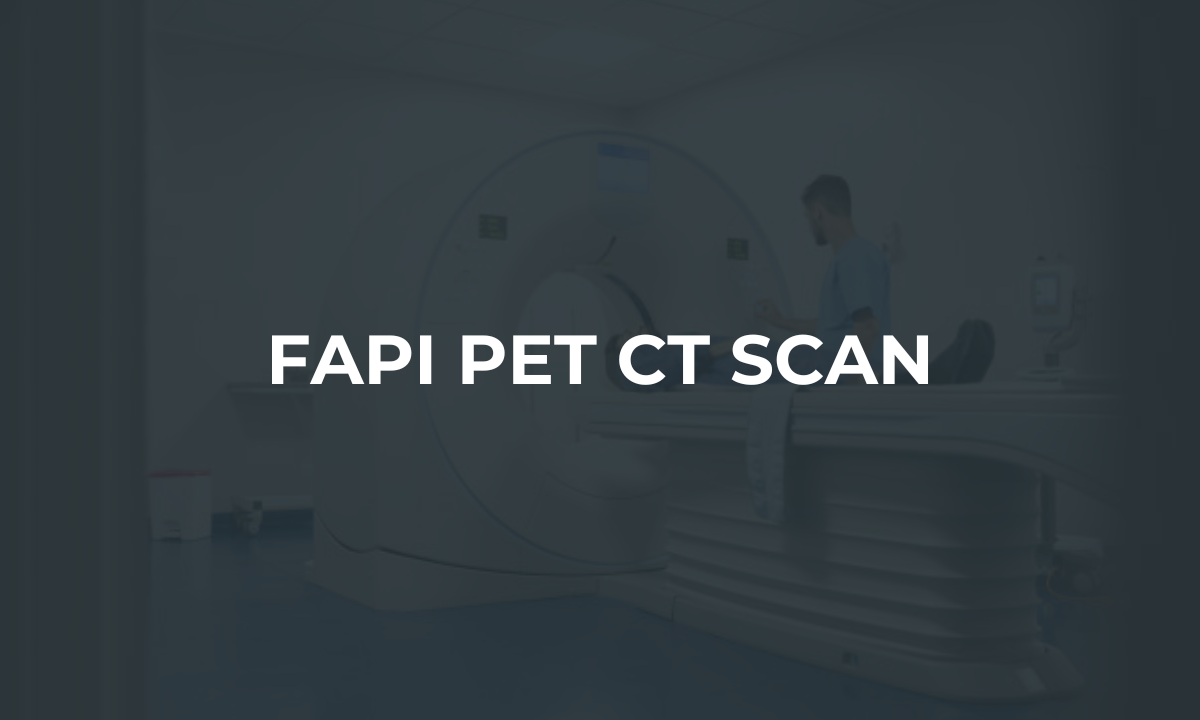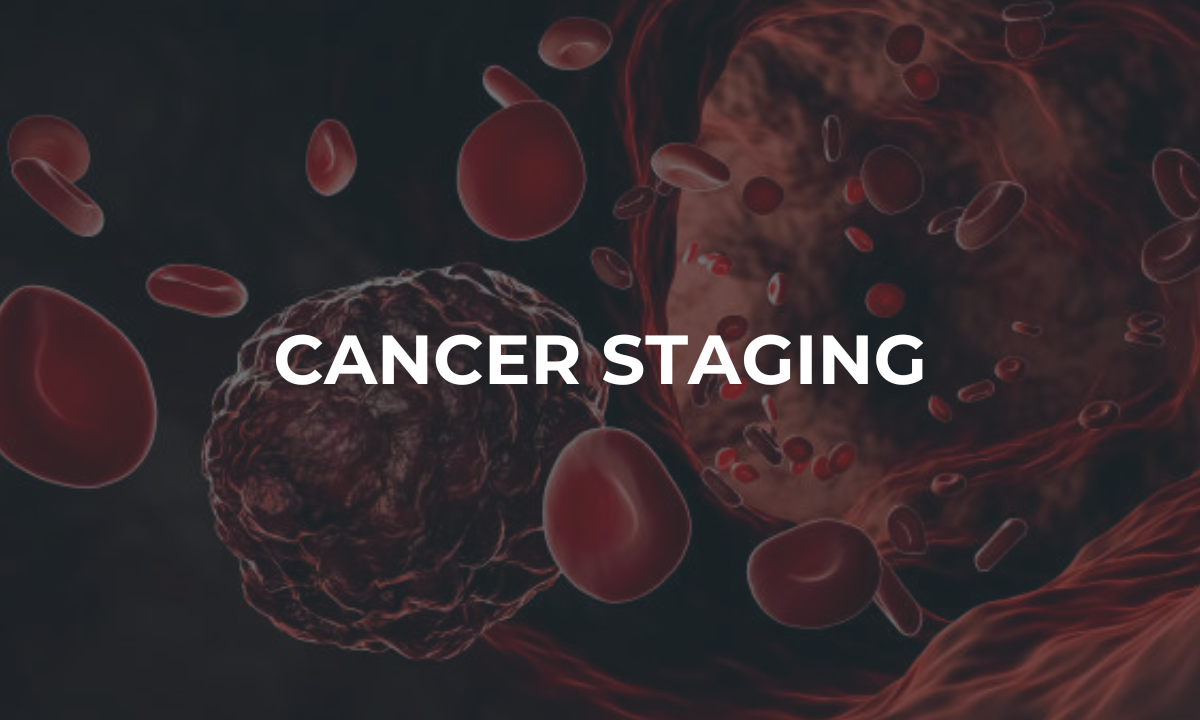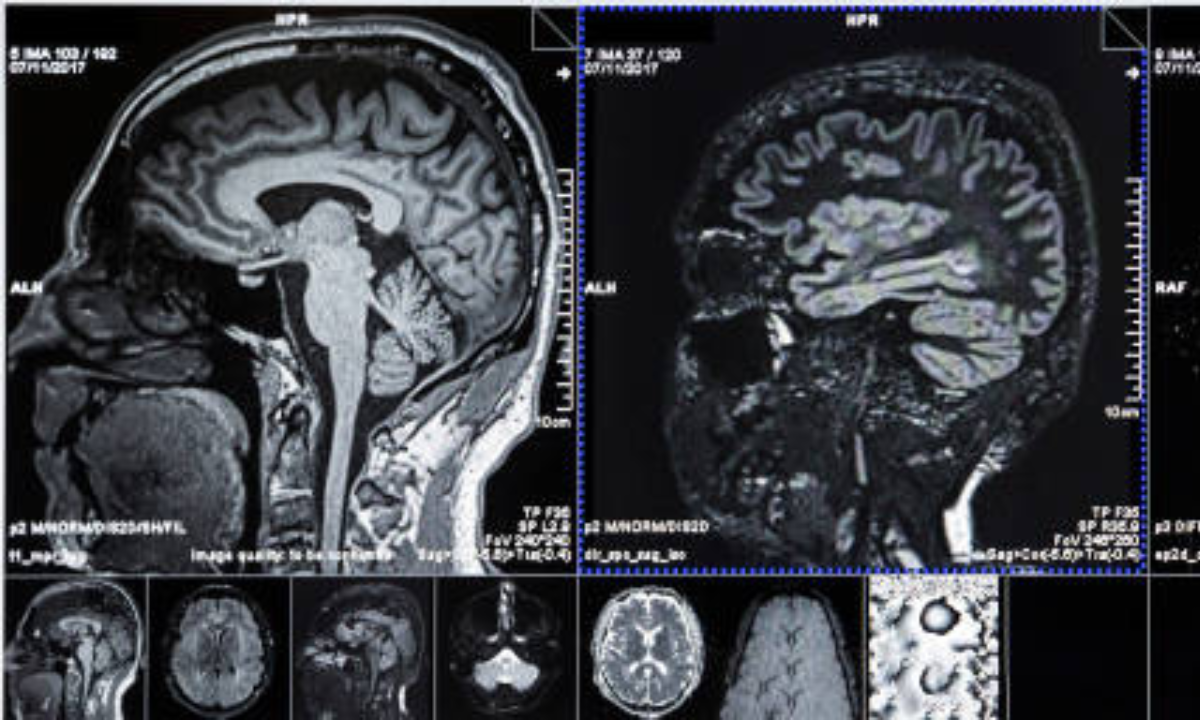The Growth Of Medical Evolution In Diagnostic Centres In Bangalore
The medical field in Bangalore has seen several advancements in the past few years. Thanks to the technical assistance of medical techniques, elements of precision, accuracy and detail are involved in medical diagnosis and treatment today. Technological interventions have made even the impossible possible in different fields. This growth has taken place in a trajectory curve and sees no stop as every day newer medical innovations take place. The treatment procedures have undoubtedly improved to be more specialised and specific to the medical concern, such that the recovery rates are also higher with minimal to no risks involved. When it comes to the screening part. The diagnostic centres in Bangalore are highly equipped with state-of-the-art techniques with scientific advancements. These improvements in the field of diagnosis have even aided the recovery and management of different medical conditions as targeted locations can be highlighted and visualised for medical professionals to accurately analyse and diagnose. Usually, these advancements help in early diagnosis much before the appearance of physical or physiological symptoms. This helps in starting treatments early and increasing chances of success in terms of the cure as well.
Key Spearheads That Navigate Towards The Futuristic Possibilities At Diagnostic Centres In Bangalore
Several latest wings of technology have made these advancements possible across diagnostic centres in Bangalore. Additionally, the future holds more potential innovations that can further simplify yet enhance medical efficiency by several folds. Some of them are:
- Artificial Intelligence (AI) Integration: Top diagnostic centres in Bangalore make the best use of AI algorithms to analyse and process medical images and data with extreme accuracy and efficiency. AI could also assist in further diagnosis of medical conditions, interpreting the intensity or specificity of the diseases and also the outcome prediction.
- Advanced Imaging Techniques: Diagnostic centres are successful in adapting to cutting-edge imaging technologies like CT scans, PET scans and even PET-CT scans in Bangalore. They help us visualise images of the body parts better with 3D and 4D imaging. Other modalities include functional MRI or high-resolution ultrasound for more accurate and processed visualisation of internal features and abnormalities.
- Virtual Reality (VR) and Augmented Reality (AR): VR and AR are possibilities of the future that are still in discussion and running on trials for successful execution. This could be employed to provide immersive and realistic experiences for medical professionals and patients. Surgeons could use VR for pre-operative planning and practice, while AR could assist in real-time guidance during procedures. This comes through as a futuristic solution for error-free treatment progress.
- Telemedicine and Remote Diagnostics: With the advancement of telecommunications, diagnostic centres in Bangalore could provide remote consultations and diagnostics. Patients could receive consultations from specialists without physically visiting the centre, enabling better access to healthcare.
- Genomic Testing and Personalised Medicine: As genetic testing and analysis gain popularity, diagnostic centres will be able to offer personalised medical care based on a patient’s genetic profile. Better patient outcomes and more individualised treatment regimens may result from this.
- Big Data Analytics: Diagnostic centres in Bangalore may use big data analytics to sift through vast amounts of patient data, including genetic data, clinical research data, and electronic health records. This data-driven strategy could aid in pattern recognition, disease risk prediction, and enhancement of therapeutic regimens.
- Robotics and automation: Robotic technologies could help carry out intricate processes precisely and with the least amount of invasiveness. Automation could simplify routine chores, freeing up medical experts to concentrate on difficult patient diagnoses.
- Quantum computing: This could revolutionise data processing and analysis and make it possible for diagnostic centres to analyse enormous amounts of data more effectively. Advanced diagnostic approaches might be made possible by quantum algorithms that improve pattern recognition and simulation capabilities.
- Enhanced Data Security and Privacy: Diagnostic centres in Bangalore will require strong cybersecurity measures to safeguard patient data from unauthorised access or breaches, given the growing reliance on digital technology. Maintaining patient privacy would require sophisticated encryption techniques and safe storage options.
These opportunities signify prospective developments that might influence the direction diagnostic centres in Bangalore take in the future. While some of these technologies are already in development, it may take some time before they are fully integrated and widely used.
Final Words On The Future Of Diagnostic Centres In Bangalore
In conclusion, Bangalore’s diagnostic centres have a bright future in terms of advancing medical technology. Diagnostic centres can revolutionise healthcare delivery by combining artificial intelligence, cutting-edge imaging techniques, virtual and augmented reality, telemedicine, genomic testing, wearable technology, big data analytics, robots, quantum computing, and improved data security. These futuristic possibilities may enhance patient care, enable personalised treatment, boost access to healthcare services, and enhance diagnostic accuracy. Diagnostic centres in Bangalore can play a significant role in determining the direction of healthcare and guaranteeing better health outcomes for people in the area as technology develops.


